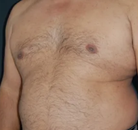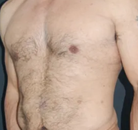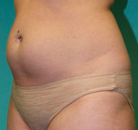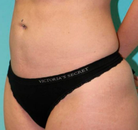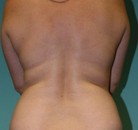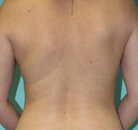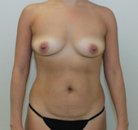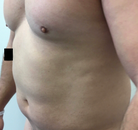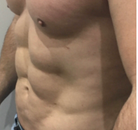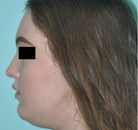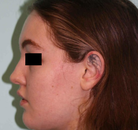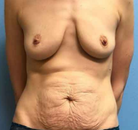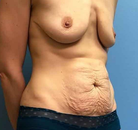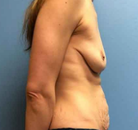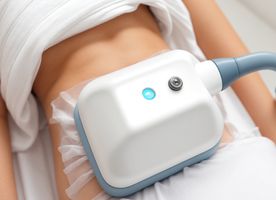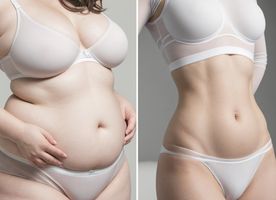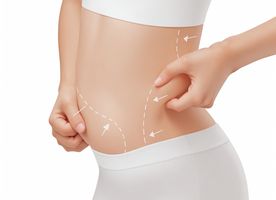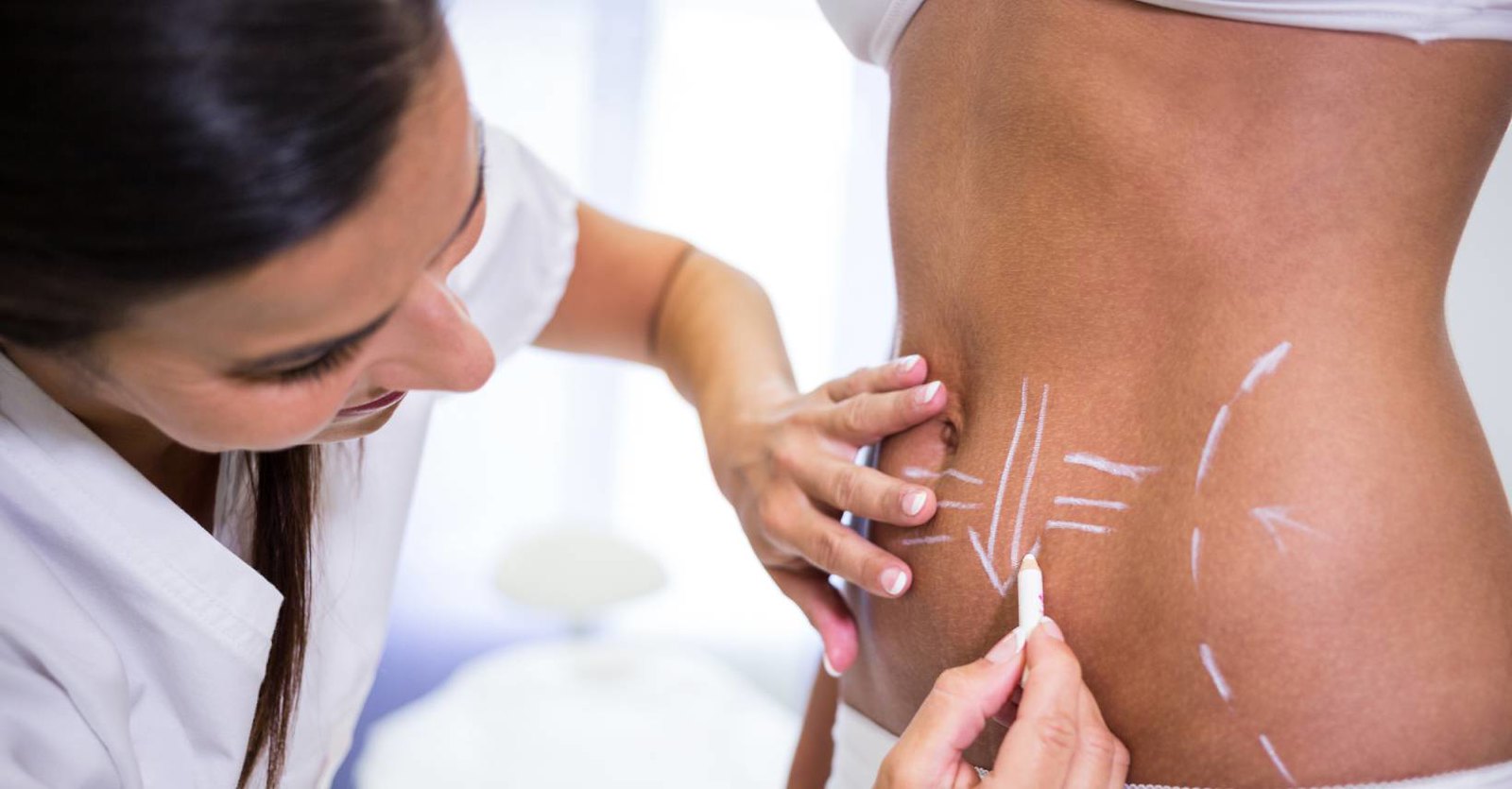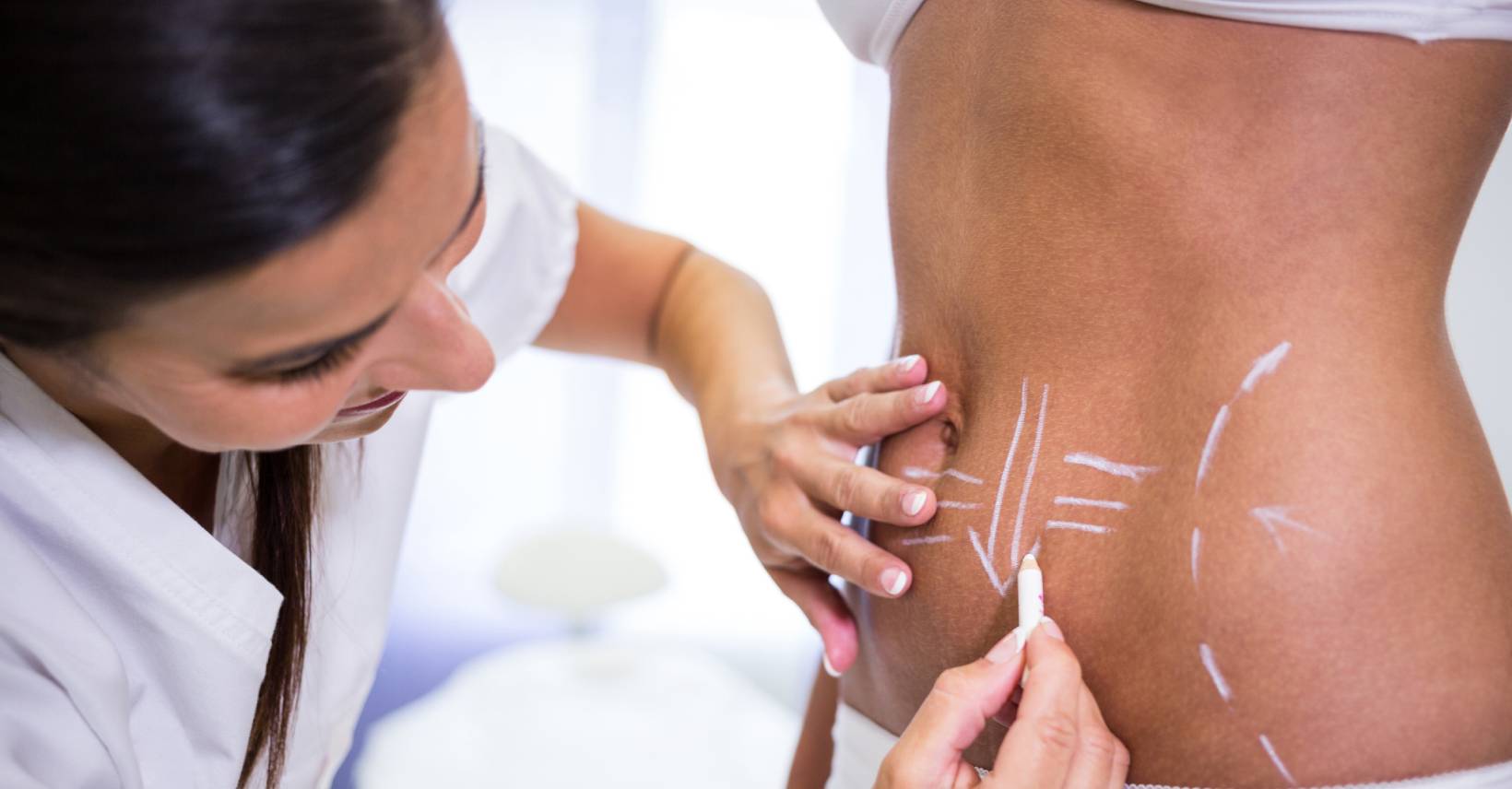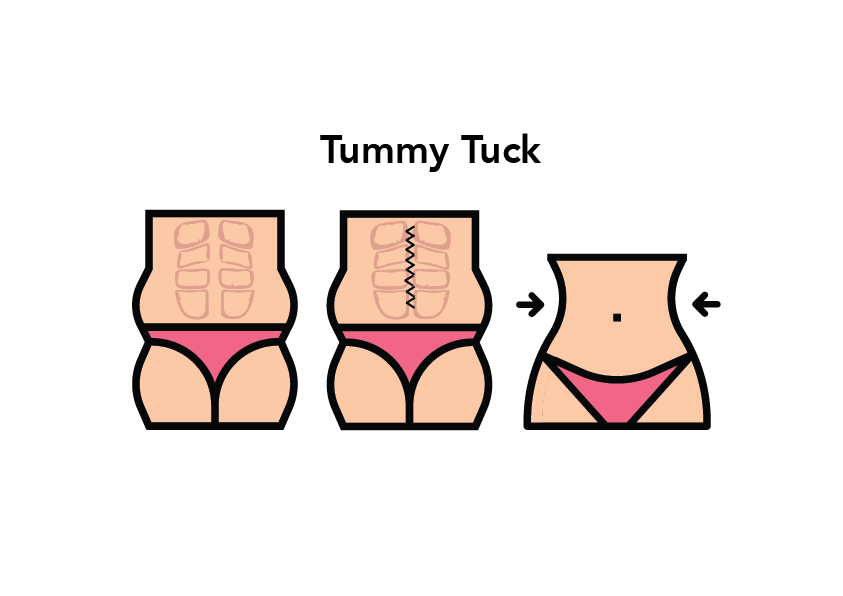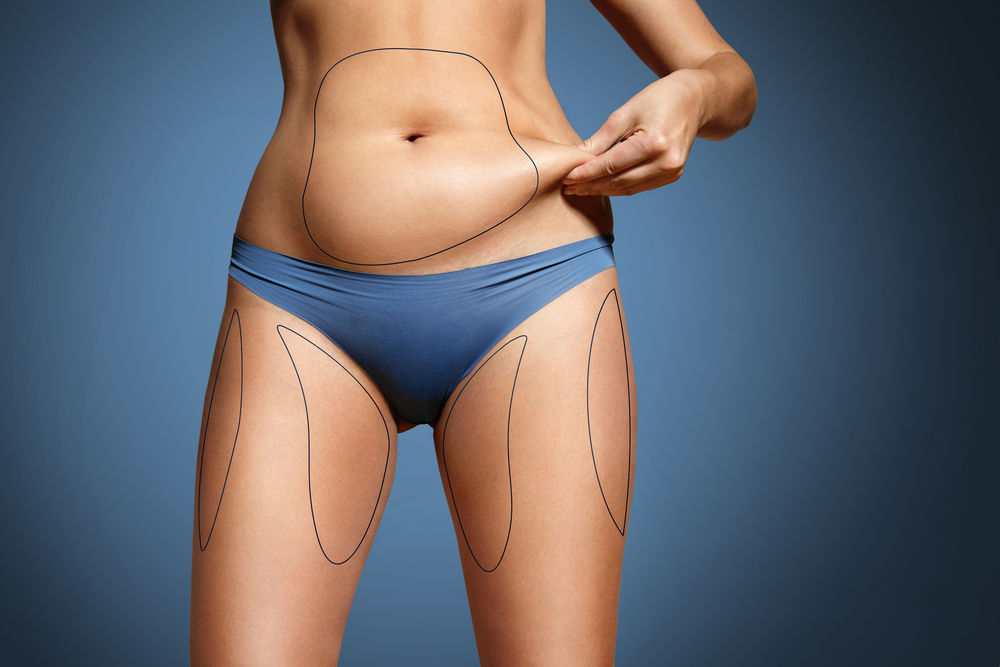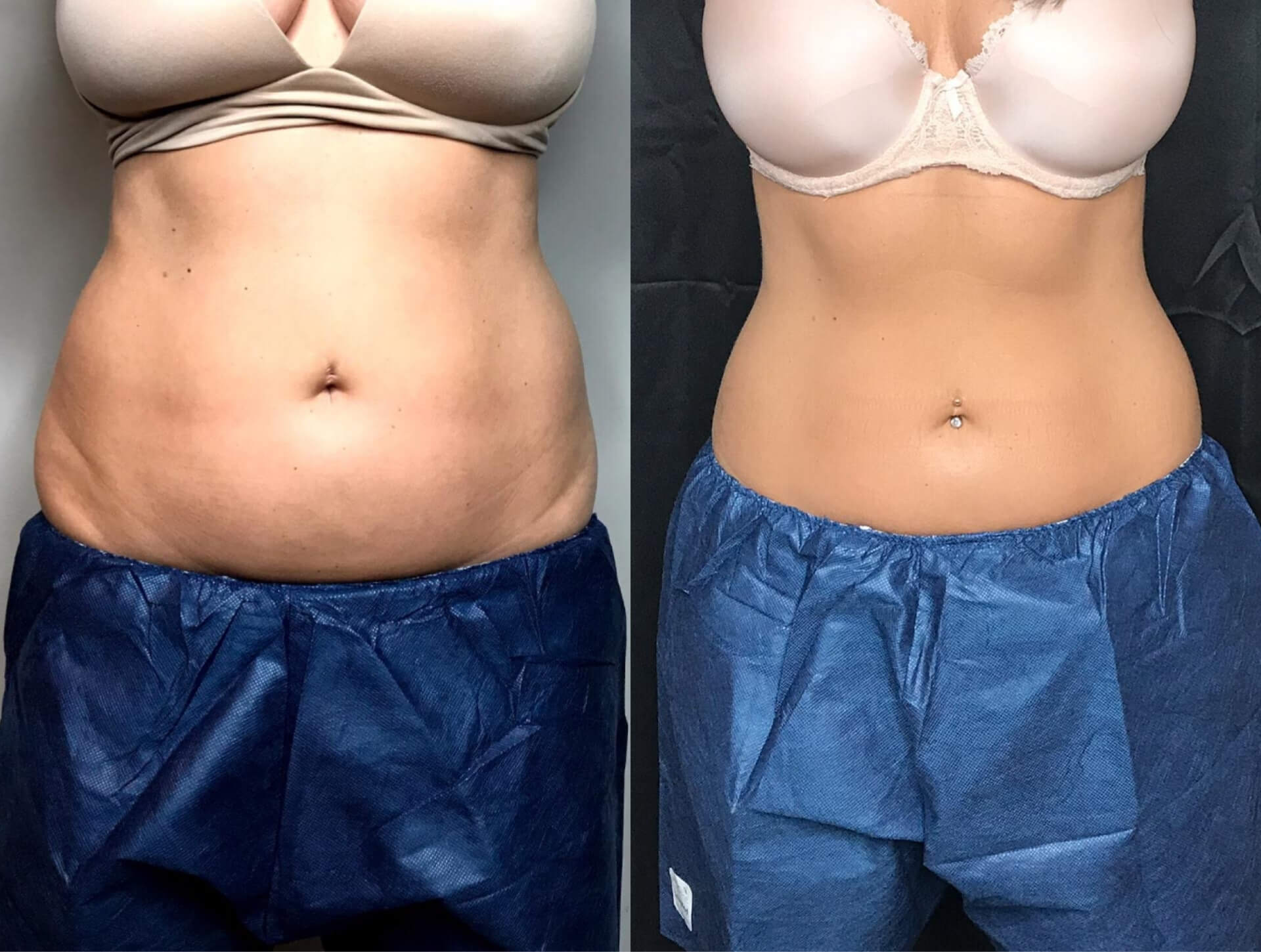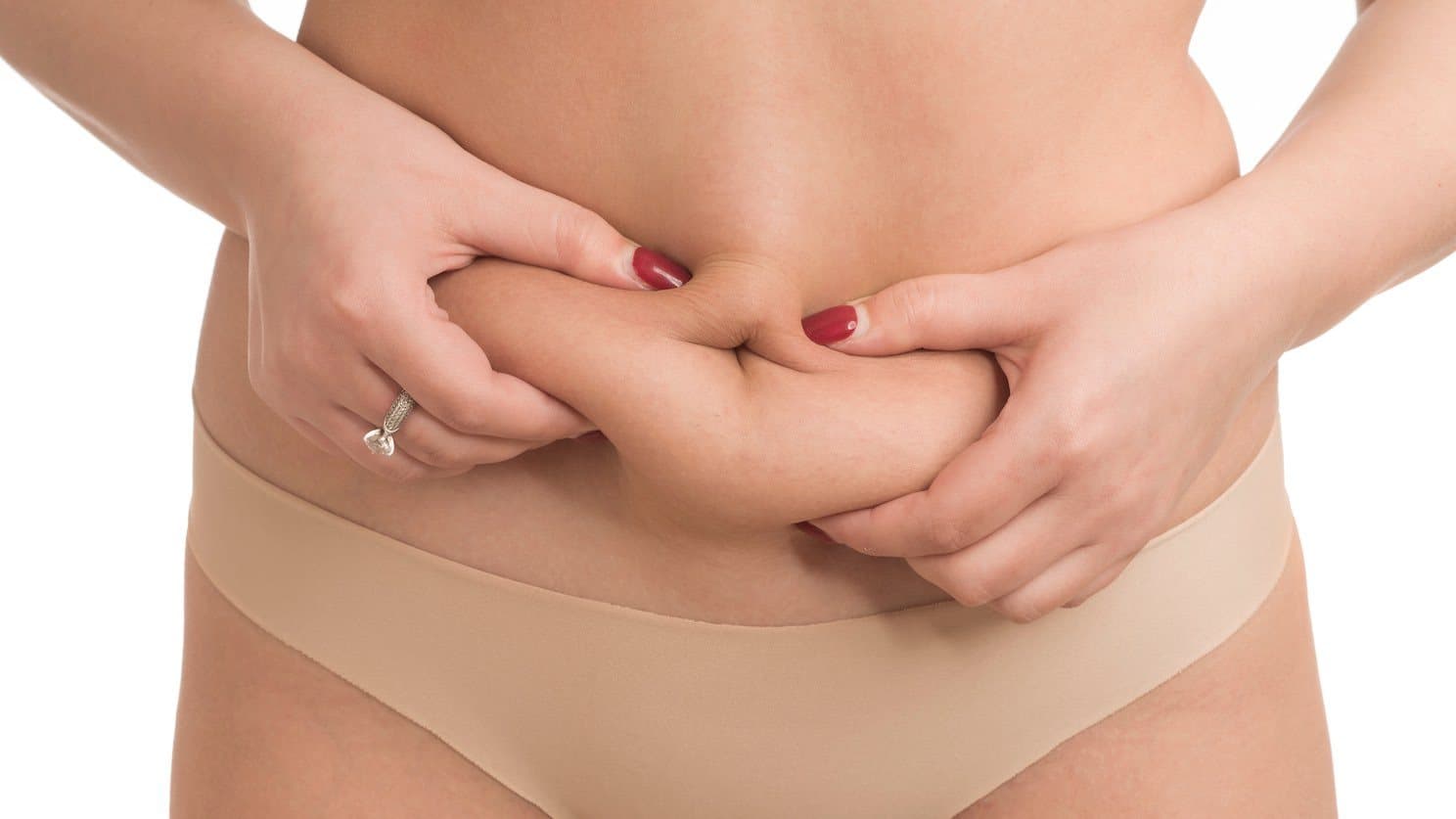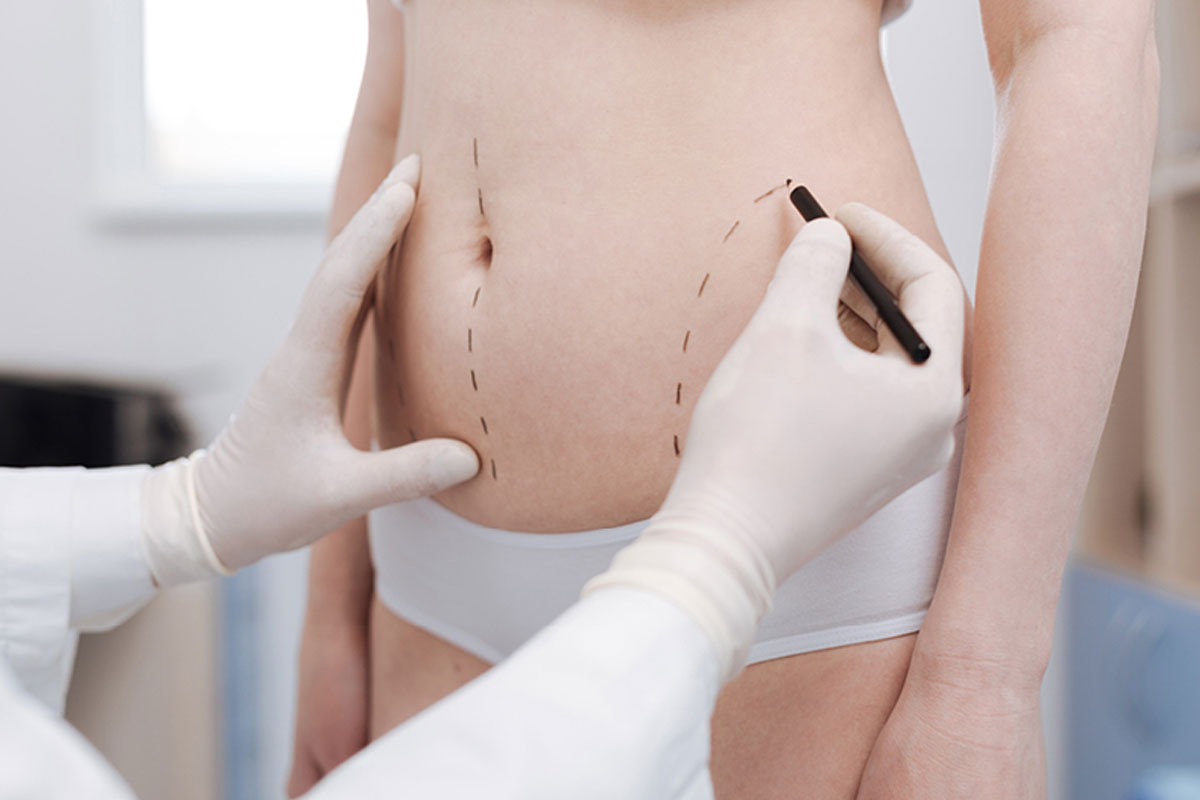Liposuction in Calle Max Planck
Search and Compare the Best Clinics and Doctors at the Lowest Prices for Liposuction in Calle Max Planck
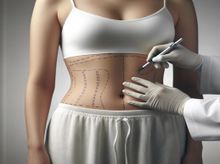










What does a Liposuction Procedure Involve?
Before you have the treatment, a series of tests are required to ensure if you are fit for the surgery. You will also need to sign a consent form to confirm that you are fully aware of the risks, benefits and possible alternatives to the procedure.
You will likely be put under using general anesthesia, which can last for 1 to 4 hours. An epidural can also be used for procedures on the lower part of the body, although this is becoming increasingly unpopular now. Alternatively, you may be given local anesthesia if the procedure will be on small areas of your body. You may be asked to stand up during the procedure to ensure proper fat removal, but you will not feel any pain.
Tiny incisions will be made in the areas of interest through which a cannula can fit. This thin tube-like device is connected to a vacuum, capable of suctioning the fat from within your body. There are a few common techniques used, including Laser-Assisted or SmartLipo, UAL (Ultrasound-Assisted Lipo) or the most popular technique, Tumescent Lipo - this involves the pre-injection of a saline solution to help separate the fat from the blood, so less blood is removed. You'll discuss the best option with your surgeon before confirming what type of Liposuction is best for you.
How Long Should I Stay in Calle Max Planck for a Liposuction Procedure?
Generally, patients who have received general anesthesia will be required to spend the night in the hospital (in-patient). Patients, who have had local anesthesia, may be able to leave the hospital on the same day.
After the operation, you will have to wear support bandages (support corset, bandages or elasticated support) whilst healing. Expect some pain, swelling and bruising during the following days and weeks. Your surgeon will prescribe medication to help control your pain and antibiotics to reduce the risk of infection. Furthermore, your stitches may be removed during your follow-up appointment with your surgeon. You should expect to stay in Calle Max Planck for about a week post-op to allow for the initial recovery and check-up appointments, which will include the removal of stitches.
What's the Recovery Time for Liposuction Procedures?
Numbness in the specific area of your body where the fat was removed is to be expected for the first couple of weeks, usually, this will improve after 6 to 8 weeks. You may also need to wait a few days before going back to work. As for your normal activities, especially exercise, you may have to wait a few weeks before resuming.
Overall, the recovery time may vary from patient to patient. In most cases, patients can return to light activities within 2 to 3 days and are also able to go back to work after two weeks. As for the results, you may see visible results after 3 to 4 weeks, however, it can take several months before you see the final outcome.
What sort of Aftercare is Required for Liposuction Procedures in Calle Max Planck?
Just like any other cosmetic surgery, following your surgeon’s aftercare instructions is vital in achieving and maintaining the best results. If the procedure was done above your waistline, you may be advised to sleep propped on pillows to have elevation on the specific area. This helps drain the fluids and prevent them from pooling. Furthermore, applying cold compress on a certain area where the procedure was performed is highly recommended, this will reduce inflammation and bruising especially during the first few days.
What's the Success Rate of Liposuction Procedures in Calle Max Planck?
Liposuction remains one of the most popular cosmetic surgeries with a success rate of 85%, offering patients the enhanced body shape they've been craving. However, just like any other surgeries, it also comes with possible risks. Complications vary and are dependent on the procedure is as well as your surgeon’s skills. Possible risks and complications include:
- Severe bruising
- Inflammation
- Blood clot forms in veins, causing inflammation and complications (Thrombophlebitis)
- Kidney or Heart problems - changes in the body's fluid levels during the procedure may cause kidney or heart problems.
- Pulmonary embolism - when fat gets into your blood vessels and travels to your lungs, eventually, blocking your lungs.
Are there Alternatives to Liposuction Procedures in Calle Max Planck?
CoolSculpting – is a fat freezing liposuction alternative. This is more suited to people who are close to their target weight but still have unwanted pockets of fat. Coolsculpting is a fat-freezing procedure that crystalizes your fat cells until they break apart painlessly.
Ultrashape - a non-invasive procedure that doesn’t require the need for anesthesia. This treatment procedure will make use of a body sculpting device that vaporizes fat cells within the targeted area with waves of ultrasound energy. Fat cells are permanently flushed out of your body, giving you a more natural-looking fat loss.
How safe is Liposuction in Calle Max Planck?
Liposuction, when performed in Calle Max Planck by a qualified and experienced plastic surgeon, is generally considered safe. The procedure has evolved significantly since its introduction, with advancements in technology and techniques contributing to its safety profile. Most liposuction procedures are performed without major complications, and patient satisfaction rates are high. However, as with any surgery, there is always an inherent risk.
It's crucial to have a detailed discussion with your surgeon regarding the safety of the procedure. The surgeon should be open about potential risks and complications, and explain how they would handle them should they arise. Factors such as your overall health, medical history and the area or the amount of fat being removed can influence the risks associated with liposuction.
This information has been accurately sourced and verified by a medical professional for its accuracy, however, we strongly recommend you to consult with your doctor before pursuing medical procedures overseas.











































































































































































